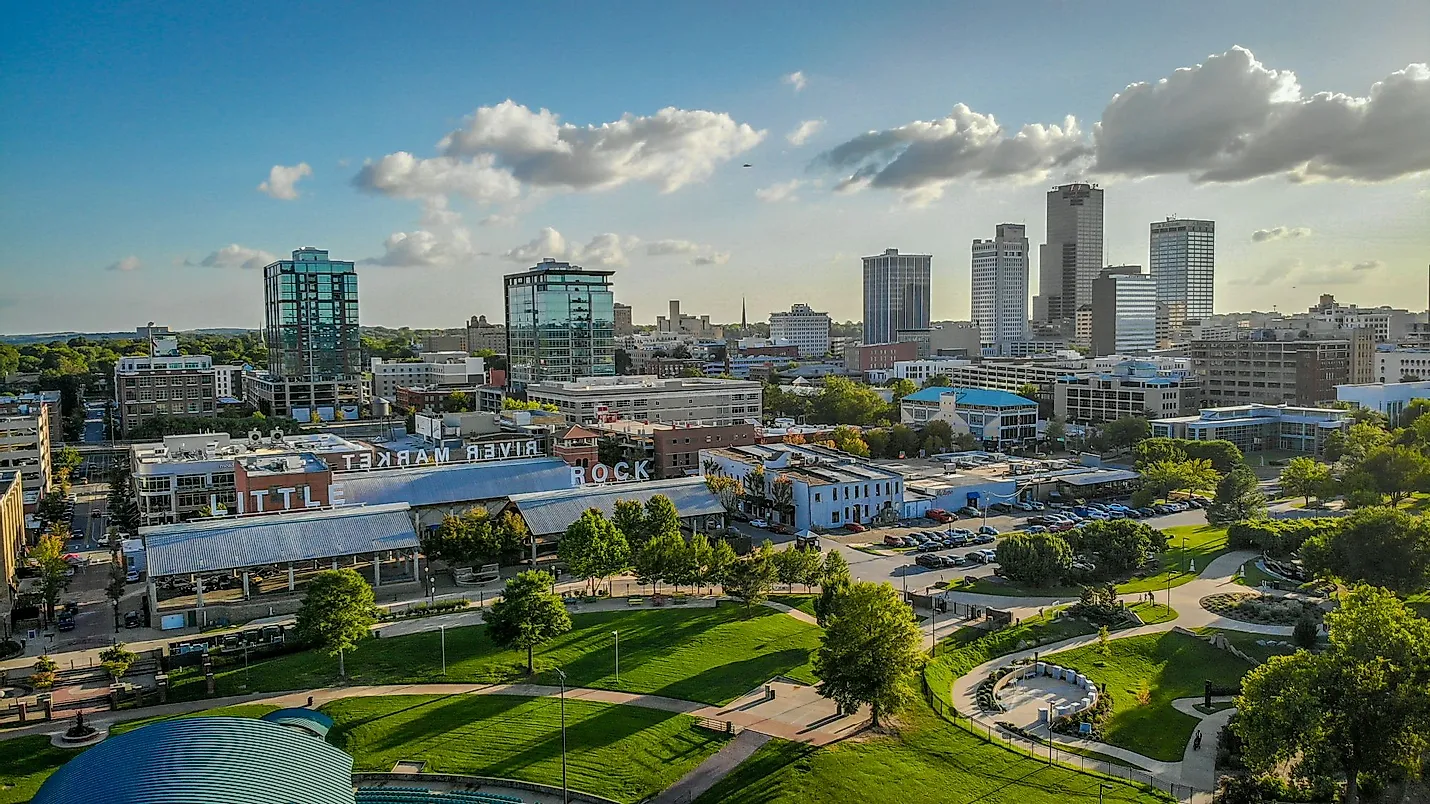Spotlight Series: Greensboro, NC
Greensboro, North Carolina, is rapidly emerging as a prime destination for real estate investors, thanks to its robust economic fundamentals, consistent population growth, and investor-friendly environment. Situated within the Piedmont Triad region—alongside Winston-Salem and High Point—Greensboro offers a dynamic metropolitan area characterized by a burgeoning workforce, expanding manufacturing sector, and escalating rental demand. For investors seeking properties that promise stable cash flow and long-term appreciation, Greensboro presents a compelling opportunity.
Diverse Economy Anchored by Major Employers
Greensboro’s economy is diverse, encompassing thriving industries such as manufacturing, aviation, logistics, healthcare, and higher education. This economic diversity contributes to long-term stability, ensuring sustained employment and consistent real estate demand. Notable major employers include Toyota, Honda, Volvo, Procter & Gamble, FedEx, and Cone Health.
A significant highlight is the strong economic partnership between Japan and the state of North Carolina. Over the past decade, Japanese investments in North Carolina have totaled $17.5 billion, resulting in more than 9,000 jobs. Governor Roy Cooper emphasized the thriving economic relationship between North Carolina and Japan, noting that Japanese companies continue to provide good-paying jobs and economic opportunities across the state.
Strategic Infrastructure Developments
Greensboro’s commitment to infrastructure and development enhances its position as a strategic economic hub. A notable project is the Greensboro-Randolph Megasite, a 1,825-acre industrial property located on the Randolph/Guilford County border in Liberty, North Carolina (about 30-minutes drive from downtown Greensboro). Developed to attract large-scale advanced manufacturing projects, particularly in the automotive and aerospace sectors, the megasite gained significant attention when Toyota announced plans to build its first North American battery plant there in 2021. This $13.9 billion investment is expected to create over 5,000 jobs and marks the largest electric vehicle investment by a foreign automaker in the U.S. It is estimated that the Toyota project will grow North Carolina’s economy by at least $9.5 billion over 20 years.
Affordable Cost of Living and Attractive Rental Yields
Greensboro's cost of living is approximately 15.8% lower than the national average, making it an attractive market for both residents and investors.
As of February 2025, the average rent for single-family homes in Greensboro is $1,695, about 25% lower than the national average of $2,249. Despite this affordability, investment properties in Greensboro offer strong rental yields. The average single-family home is priced at $263,000 and has an estimated rental yield of 7.7%—a favorable return compared to many other U.S. markets.
Snapshot of Greensboro’s Housing Market
Average single-family home price: ~$263,000 according to Zillow (December 2024); compared to the U.S. national average of $358,000 (December 2024)
Average rent for a single-family home: ~$1,695/month
Average rent growth: ~4% year-over-year
With its lower property prices, steady rent growth, and attractive rental yields, Greensboro continues to present a compelling opportunity for investors seeking stable cash flow and long-term appreciation.
Landlord-Friendly Environment and Moderate Tax Rates
North Carolina is recognized for its landlord-friendly policies, and Greensboro is no exception. The state provides a legal framework that supports property owners, simplifying the management of rentals and lease agreements. Eviction laws are straightforward, and there are no rent control restrictions, allowing landlords to adjust rental prices based on market conditions.
Additionally, North Carolina maintains moderate tax rates, with a flat income tax rate of 4.5%, set to gradually decrease to 3.99% by 2027. The state ranks near the lower one-third of states concerning the relative size of taxes, enhancing its appeal to investors.
Conclusion
Greensboro’s combination of steady population growth, diverse and resilient economy, strategic infrastructure investments, affordable living costs, and investor-friendly policies make it a compelling choice for real estate investors. The city’s ongoing development and strong economic partnerships position it as a market with significant potential for both immediate cash flow and long-term appreciation. Investors seeking a stable and promising market would do well to consider Greensboro, North Carolina, as a key addition to their portfolios



